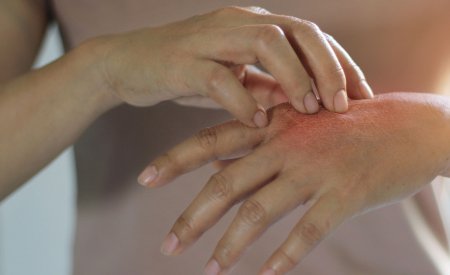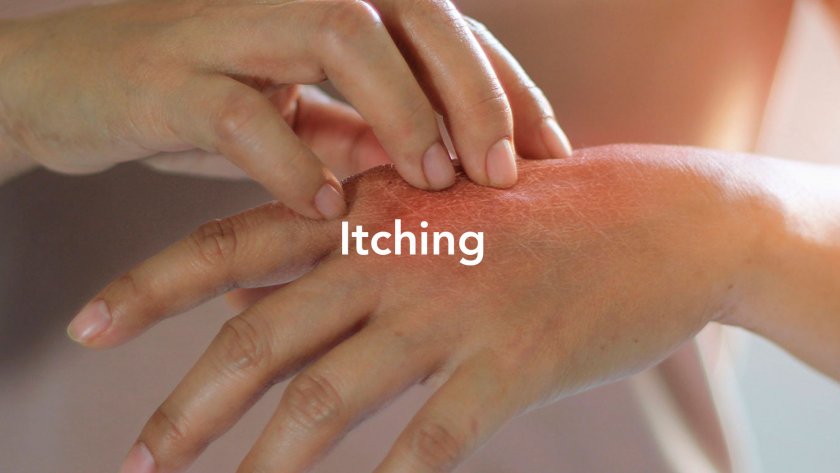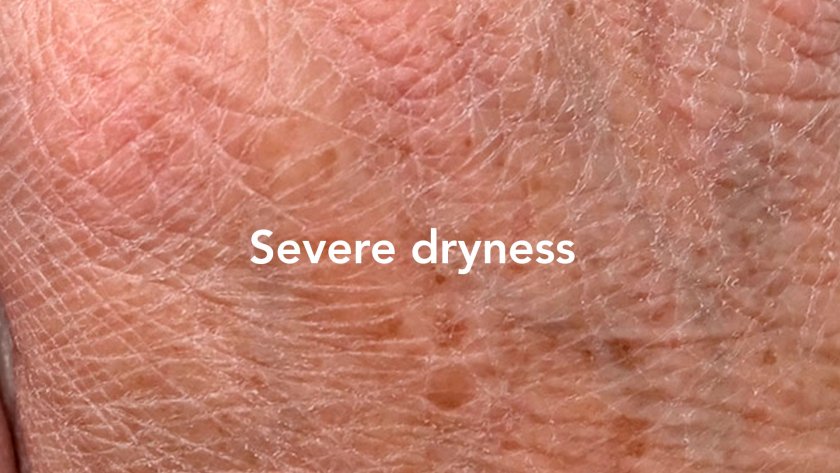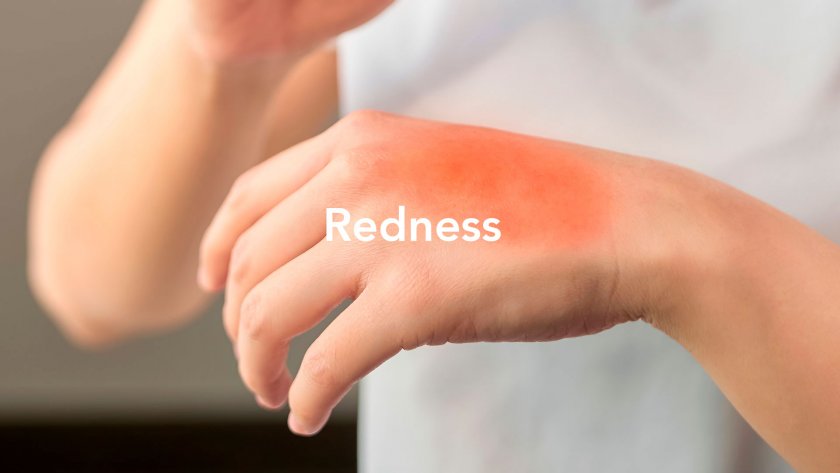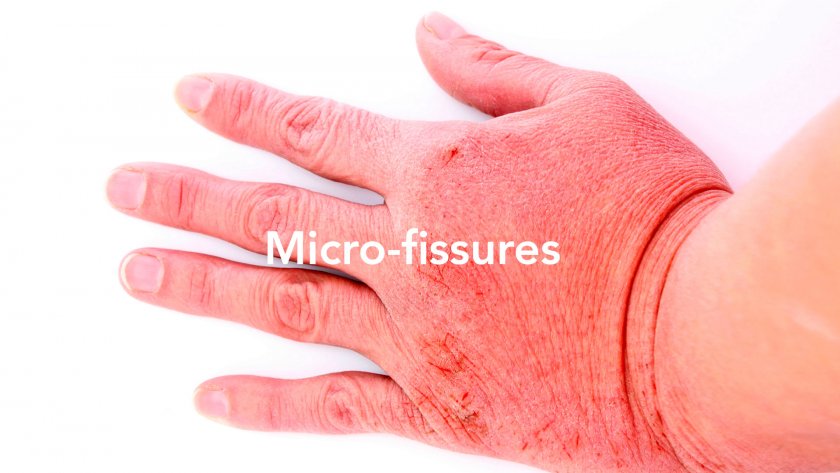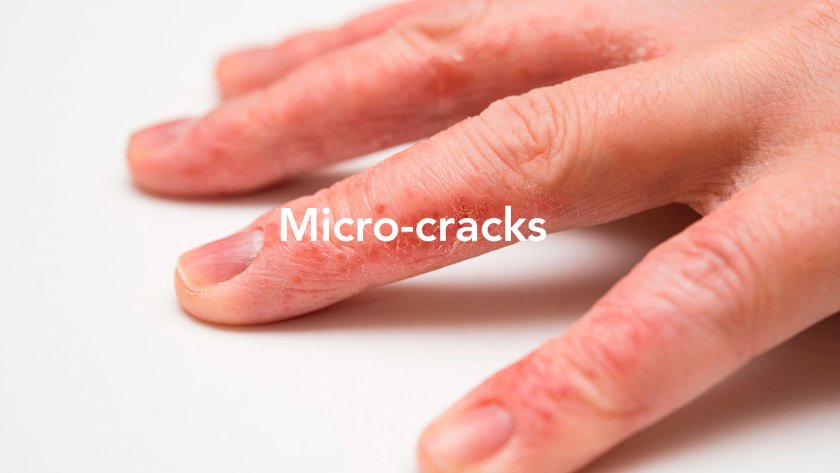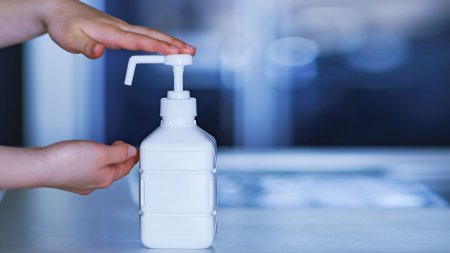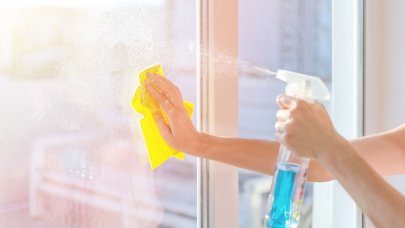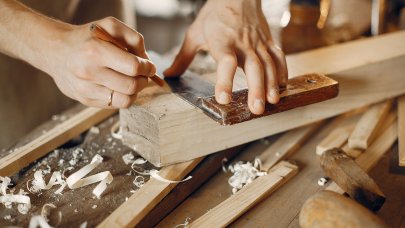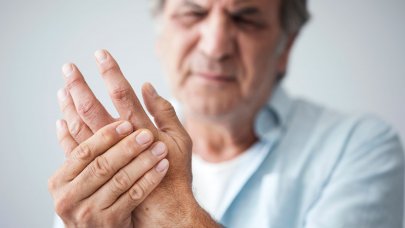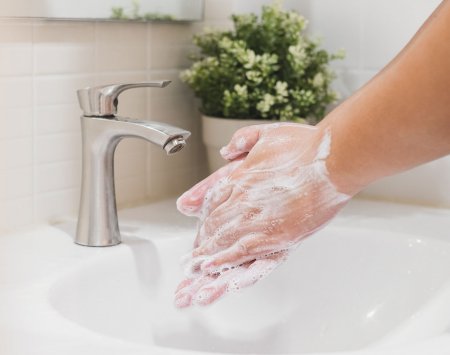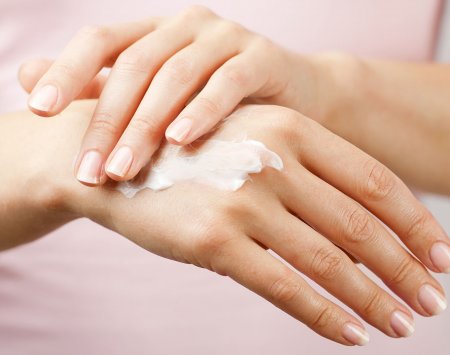Our hands are the extension of our intelligence: our most precious aid for knowledge, action, creation, communication and expression. We can thank our hands for the greatest human masterpieces that have been created. We can thank them for bringing us into contact with the world and with others, through the sense of touch.
Our hands nonetheless endure a certain amount of wear and tear everyday, which can be the direct cause of damaged hands or a compounding factor:
- Professional context and specific lifestyle conditions
- Weather conditions, especially intense cold
- Hygiene measures, including repeated washing of hands and disinfecting with hydroalcoholic gel
When our hands are damaged, everyday life is often deeply affected since we have to use our hands all the time. We feel the consequences at work, during daily activities with children or at home, and even in our social relations.
